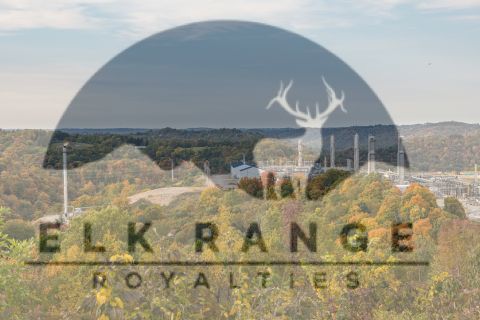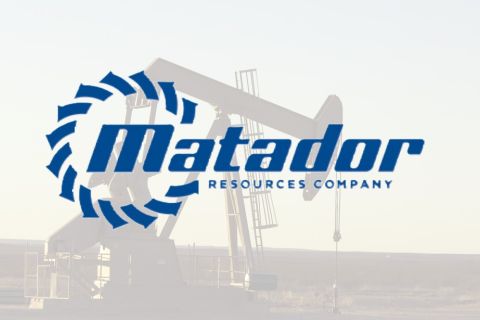The European Commission said on Jan. 10 it has delayed to later this month the deadline for experts to give feedback on divisive plans to allow some natural gas and nuclear energy projects to be labeled as sustainable investments.
The Commission drafted a plan late last year to add some gas and nuclear investments to the European Union's “taxonomy,” its rule book to define which investments can be labeled as climate-friendly in the EU.
Brussels said on Jan. 10 its expert advisers will have until Jan. 21 to provide feedback on the draft proposal, rather than until Jan. 12 as initially planned.
“The deadline has been postponed by a week and the reason is basically to give a bit more time to the platform to provide its views,” European Commission Chief Spokesperson Eric Mamer told a news briefing, referring to the “platform” of advisers from industry, NGOs and the finance sector.
The Commission shared the draft with its advisers late on New Year’s Eve, setting a deadline that campaigners said was too short and limited scrutiny of the rules—suggestions rejected by the EU’s executive.
The draft—which was leaked to some media organizations—has reignited disputes between EU countries, which disagree on whether gas and nuclear are green. Spain, Germany and Austria’s governments are among those to publicly criticize the latest proposal.
RELATED:
EU Denies Trying to ‘Bury’ Green Investment Plan with NYE Release
Once the EU’s advisers give their feedback, Brussels will publish its final proposal. A super-majority of EU countries or the European Parliament could block it in the four months that follow. If they do not, the rules would enter into force.
The long-awaited taxonomy is part of EU plans to mobilize massive low-carbon investments to meet its goal to have net zero greenhouse gas emissions by 2050.
Using detailed criteria that each “green” investment must meet—such as emissions limits or energy efficiency—the taxonomy aims to make climate-friendly projects more visible and attractive to private capital, and stop organizations from overstating their environmental credentials.
Recommended Reading
Elk Range Royalties Makes Entry in Appalachia with Three-state Deal
2024-03-28 - NGP-backed Elk Range Royalties signed its first deal for mineral and royalty interests in Appalachia, including locations in Pennsylvania, Ohio and West Virginia.
Which Haynesville E&Ps Might Bid for Tellurian’s Upstream Assets?
2024-02-12 - As Haynesville E&Ps look to add scale and get ahead of growing LNG export capacity, Tellurian’s Louisiana assets are expected to fetch strong competition, according to Energy Advisors Group.
Marketed: Confidential Seller Certain Mineral, Royalty Interests in Louisiana
2024-02-13 - A confidential seller retained RedOaks Energy Advisors for the sale of certain mineral and royalty interests in Louisiana.
Aethon Cuts Rigs but Wants More Western Haynesville Acreage
2024-03-31 - Private gas E&P Aethon Energy has drilled some screamers in its far western Haynesville Shale play—and the company wants to do more in the area.
Matador Bolts On Additional Interest from Advance Energy Partners
2024-02-27 - Matador Resources carved out additional mineral and royalty interests on the acreage it acquired from Advance Energy Partners for $1.6 billion last year.




